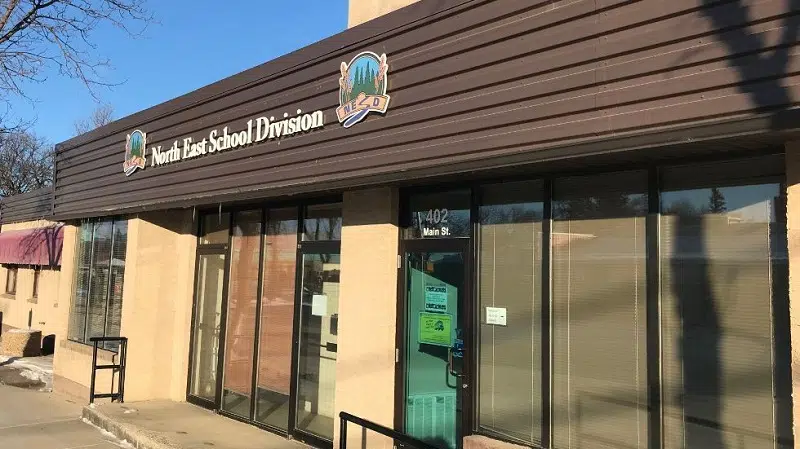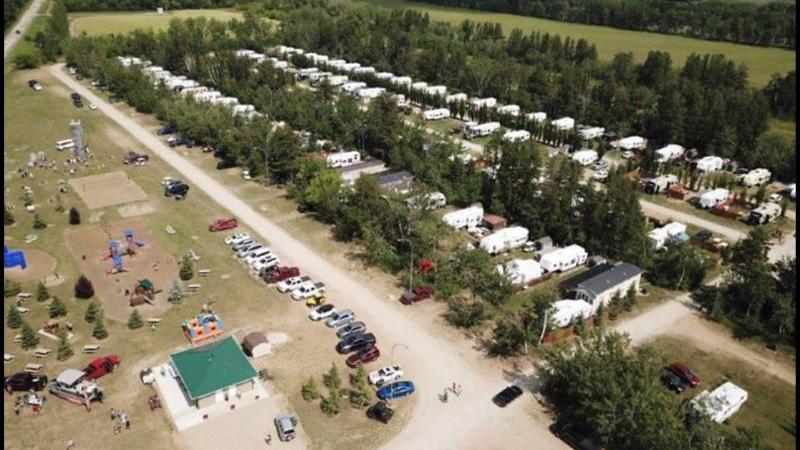
NESD on-time graduation rates decrease overall, drastically for FMNI student
On-time graduation rates in the North East School Division (NESD) declined during the 2018-19 academic year, with a drastic decrease for First Nations, Métis, and Inuit/Inuk (FMNI) students.
According to the NESD’s annual report unveiled during the Nov. 26 board meeting, FMNI on-time graduation rates fell from 68 per cent in 2017-18 to 54 per cent in 2018-19, which is still 11 per cent higher than the provincial average. Non-FNMI students saw a one per cent decrease from 91 to 90, leading to five per cent decrease overall from 89 to 84.
The one-year decline in graduation rates isn’t a concern for the NESD Board of Education or its Director of Education Don Rempel.
“If the overall trend is down, of course [we’re concerned]”, Rempel said. “With small groups of students – whether it’s at a school, classroom, or school division – you’re going to see variances and moderating factors up and down. If you talk to a principal in any of those buildings, they would know the story behind the numbers as to what’s going on in any student’s academic program or life situation.


